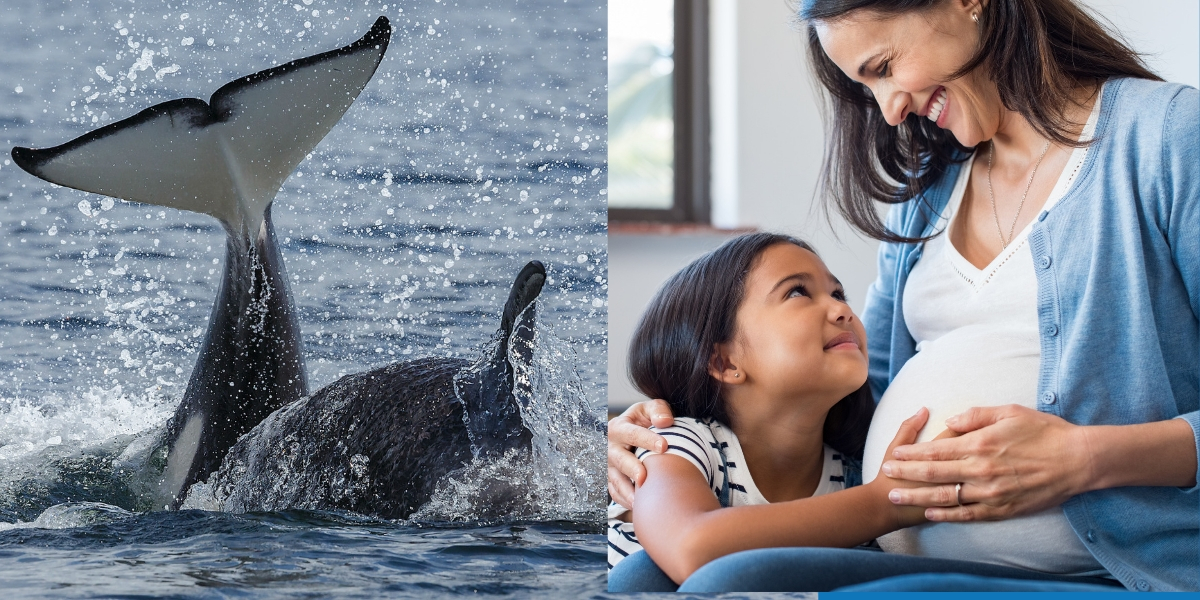(Olympia, WA) – The Washington State Senate has passed precedent-setting legislation to eliminate sources of toxic chemicals that are harmful to orcas and humans. The Pollution Prevention for Our Future Act (SSB 5135), sponsored by Senator Christine Rolfes (D-Bainbridge Island), implements recommendations put forward by Governor Inslee’s Orca Task Force. It passed the Senate with a vote of 25-24.
The bill authorizes the Department of Ecology (Ecology) to take actions to reduce the use of classes of chemicals put in consumer products that are of particular concern to sensitive species like orcas and salmon, and vulnerable populations, like children and pregnant women. Toxic chemicals that are intentionally put in consumer products are a big source of toxic exposures for people, orcas and Chinook salmon. Carpeting, shampoos, detergents, and electronics, like TVs, can contain toxic chemicals that are concern for both orca and human health.
Toxic-Free Future Executive Director Laurie Valeriano said, “The Senate took critical action to turn off the tap on some of the most concerning chemicals in consumer products that get into our homes, bodies, waters and wildlife. This bill is a key piece of the plan to help recover orcas, as well as protect kids and future generations. We urge the House to pass the bill and send it to Governor Inslee’s desk.”
Under the bill, Ecology would prioritize consumer products that contain one of five classes of chemicals for action: PCBs, PFAS, flame retardants, phthalates, and phenolic compounds (BPA, APEs). These chemicals are found in consumer products, have adverse health effects, and are found in house dust, breastmilk, people, wastewater discharges, surface water, wildlife, and sediments. Manufacturers of kids’ products recently filed over 8700 reports of chemicals used in kids’ products. An analysis of these reports is available at: https://toxicfreefuture.org/toxic-chemicals-in-kids-products-oh-my/.
Research shows these chemicals escape out of products into dust and air in our homes, travel through wastewater, and out into the environment. More information on how consumer products can impact humans and orcas is available here.
Phasing out the use of harmful chemicals in consumer products is an effective way to reduce levels of the chemicals in our homes and the environment. For example, ten years after PBDE flame retardants were banned in Washington and other states, levels of the chemicals in fish and people have decreased.
“The state spends hundreds of millions of dollars to clean up toxic chemicals. By eliminating sources of these chemicals, we can save money by preventing future cleanups and cutting healthcare costs,” Valeriano said.
The bill is one of the priorities of the Environmental Priorities Coalition, a network of over twenty leading environmental groups in Washington state that influence policy at the state level.

